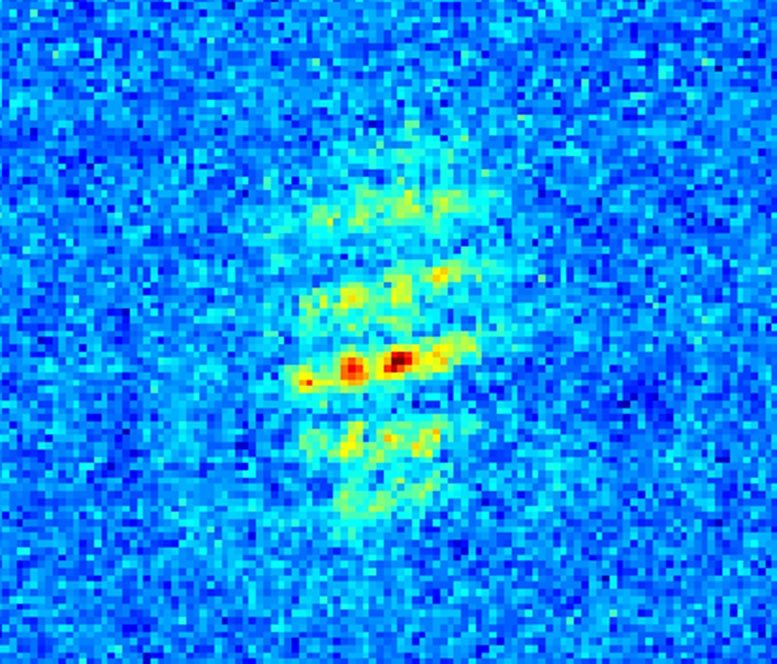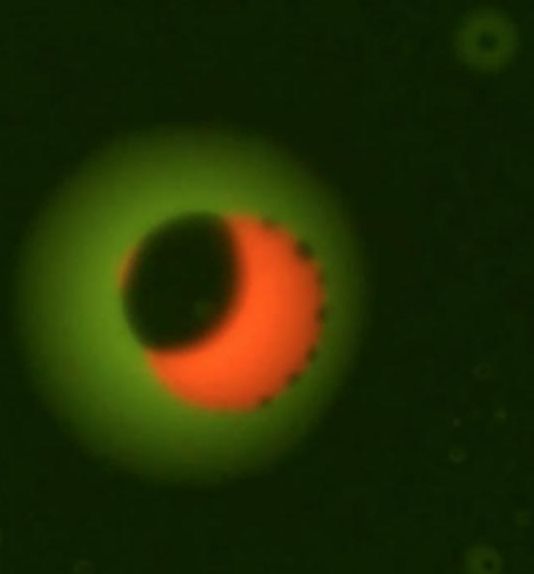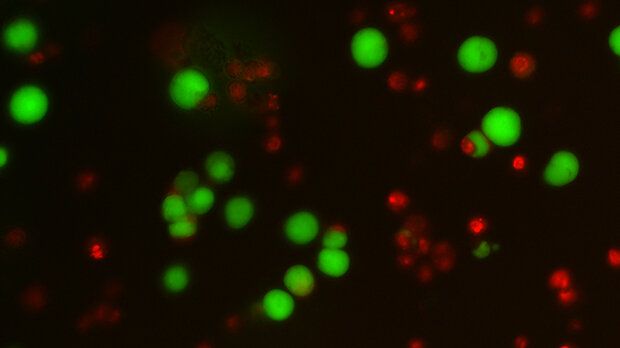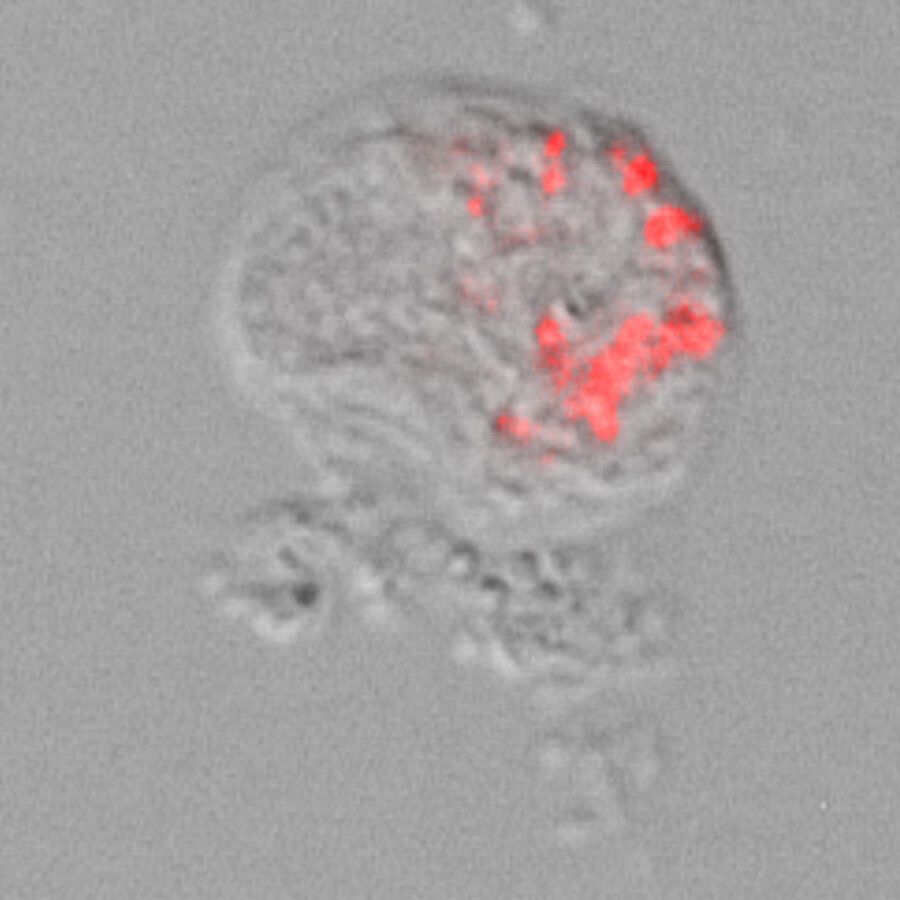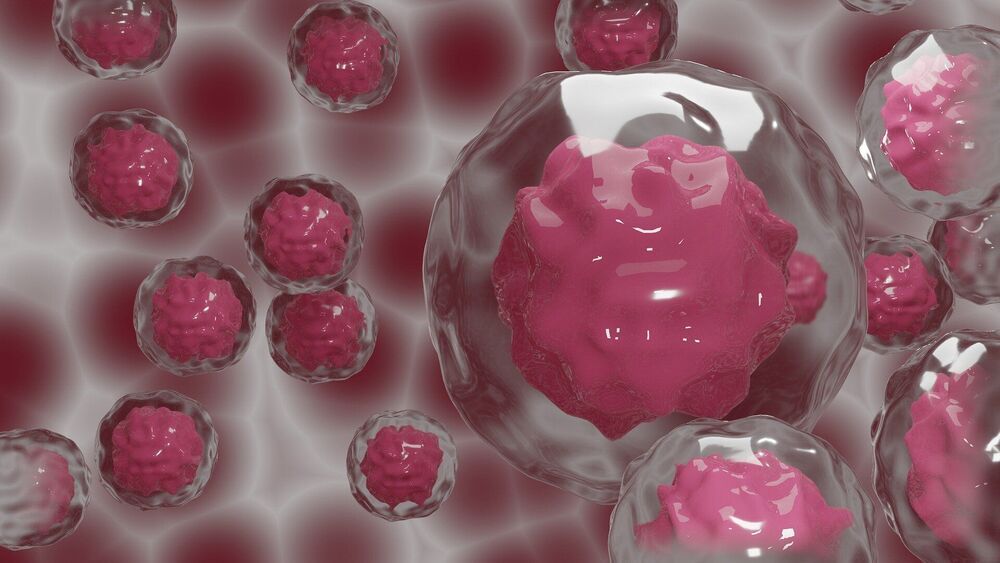May 1, 2021
Kleos Space develops tool for in-space manufacturing of large structures
Posted by Genevieve Klien in categories: robotics/AI, satellites
SAN FRANCISCO — Kleos Space is conducting a six-month test of technology for in-space manufacturing of large 3D carbon fiber structures that could be used to construct solar arrays, star shades and interferometry antennas.
The company with operations in Luxembourg, the United States and United Kingdom is best known for radio frequency reconnaissance satellites. In the background, however, Kleos has been designing and developing in-space manufacturing technology called Futrism to robotically produce a carbon-fiber I-beam with embedded fiber-optic cables that is more than 100 meters long.
“It’s something that we have linked to our roadmap for RF, because it’s something that could deploy very large antennas for RF reconnaissance,” Kleos CEO Andy Bowyer told SpaceNews. “However, it’s useful for a whole range of other applications as well that we are very keen to work with partners on. We firmly believe that manufacturing in space is the future.”



